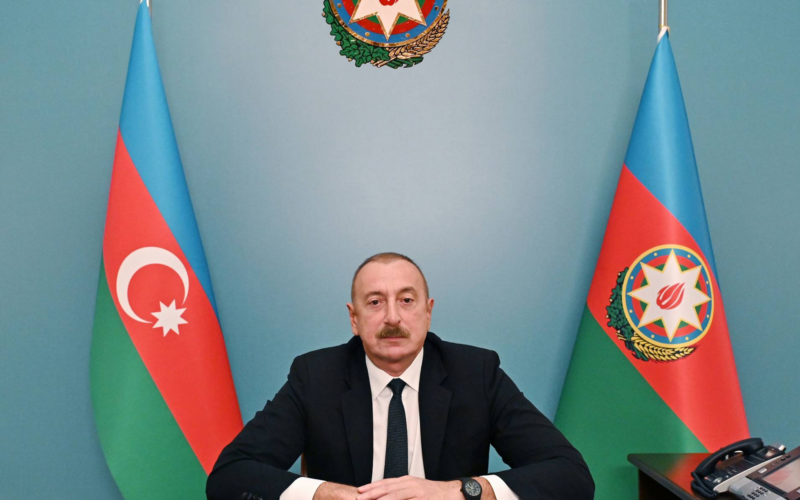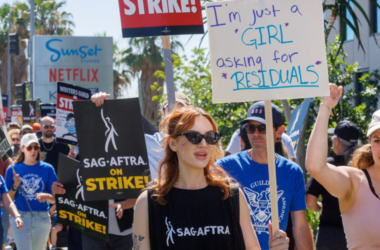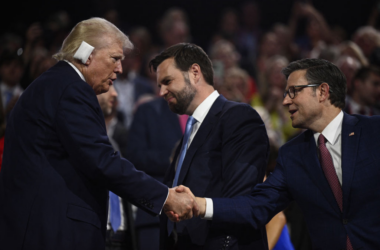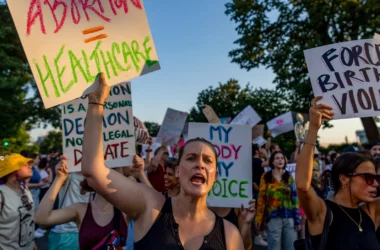Azerbaijan faces serious allegations of suppressing media and civil society in the lead-up to its hosting of the UN Cop29 climate summit in November. Human Rights Watch reports that at least 25 journalists and activists have been arrested or sentenced over the past year, with most still detained. This purported crackdown is raising concerns among campaigners and civil society groups about the potential stifling of climate advocacy during the summit.
As Azerbaijan prepares to host Cop29, nearly 200 governments are set to convene to negotiate critical issues related to global climate finance and emissions reductions. However, the Azerbaijani government’s handling of media and civil society freedoms casts a shadow over its role as host. Azerbaijan ranks 154th out of 180 countries in Transparency International’s corruption index and is criticized for its poor human rights record and suppression of political opposition.
President Ilham Aliyev, re-elected with over 92% of the vote in February for a fifth consecutive term, presides over a state with limited political freedoms and allegations of holding political prisoners. Last year’s conflict with Armenia over the Nagorno-Karabakh region resulted in significant displacement and further international scrutiny.
Human rights advocates express deep concern over the Azerbaijani government’s actions ahead of the summit. Myrto Tilianaki, a senior advocate at Human Rights Watch, pointed to the arrest of Anar Mammadli, a prominent figure in the Climate of Justice Initiative, as indicative of broader issues facing activists. Additionally, Ibad Bayramov has campaigned for the release of his father, Gubad Ibadoghlu, a civil rights activist and academic detained last summer, whose health is reportedly deteriorating.
Paul Polman, former CEO of Unilever and current climate and human rights campaigner, emphasizes the importance of addressing human rights abuses in conjunction with climate discussions at Cop29. Polman suggests that the summit provides an opportunity for the international community to spotlight Azerbaijan’s treatment of prisoners and urges that human rights considerations be integrated into climate negotiations.
The Azerbaijani government rejects the allegations of a crackdown. A spokesperson stated that claims about the persecution of human rights activists and journalists are unfounded, asserting that any detentions are based on legal investigations and trials. The government pledges to promote open dialogue and effective climate action as the Cop29 host, emphasizing a commitment to the rule of law and legal procedures.
Azerbaijan’s hosting of Cop29 follows similar summits in countries with contentious human rights records, such as the United Arab Emirates and Egypt. The UN ensures a degree of freedom of expression for protesters during the conference but has limited influence on the host country’s actions outside the summit.
Advocates like Tilianaki call for governments attending preparatory meetings to address Azerbaijan’s alleged repression and ensure that robust climate policies are not undermined during Cop29. The summit is seen as a pivotal moment for advancing global climate action, despite concerns over the host country’s domestic policies.
In conclusion, the allegations against Azerbaijan highlight the challenges of balancing the hosting of a major international climate summit with addressing issues of media freedom and civil rights. The international community faces the dual task of advancing climate negotiations while holding host countries accountable for their human rights records.








